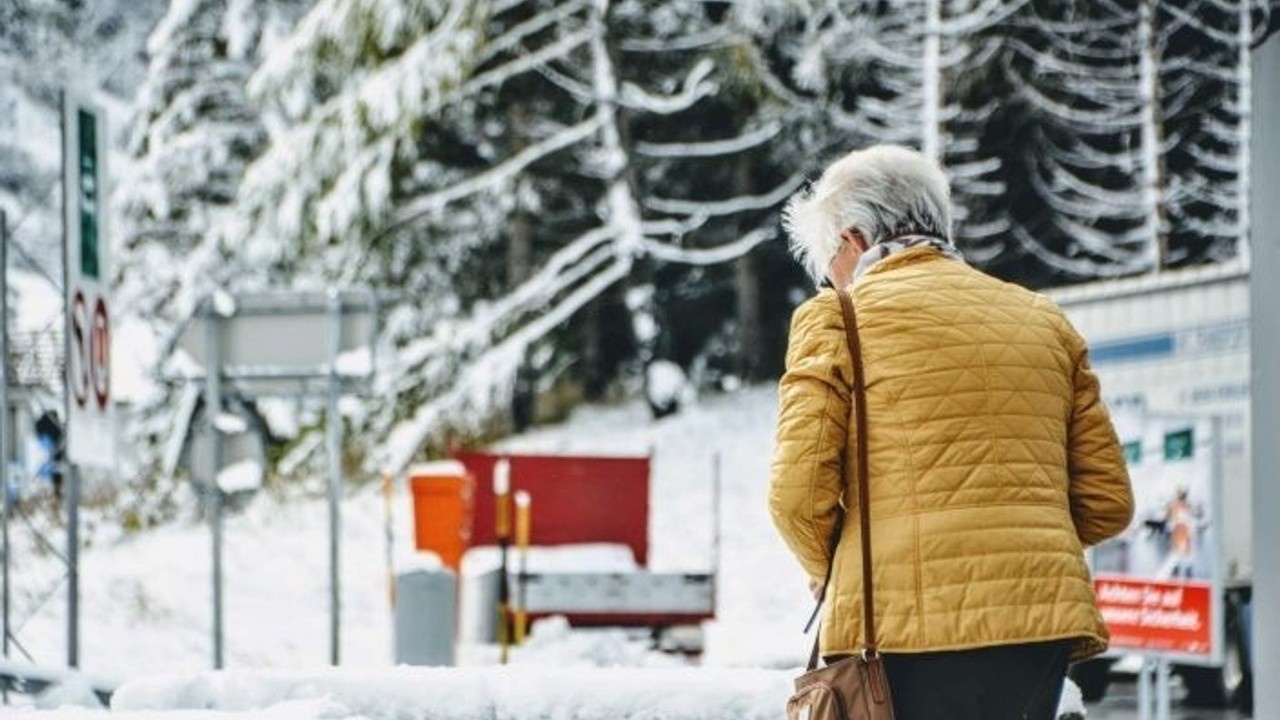
Winter Weather Worries & Tips
Dec 14, 2018Winter weather often brings with it a host of challenges, especially for older adults. Put these tips in place to keep you and your aging loved ones safe and healthy this winter!
Snow and ice may make it difficult for older folks to get to the grocery store for the daily essentials. Slippery, icy conditions increase risk of falls. Some older adults live in houses or apartments that aren’t adequately heated, and space heaters and heating blankets can increase risk of fires. Colds, coughs, pneumonia and flu infect more people in the winter months, and older adults become particularly vulnerable to these illnesses. You certainly don’t want or need more stress in your life! Preparing yourself and your loved ones for the potential challenges of the season can make all the difference for your peace of mind. With the right tools in place, you can effectively manage your busy life, should difficulties arise.
Essentials
Ensure you and your aging loved ones can easily access a week’s worth of living essentials at any given time right where they are so they don’t have to travel unless absolutely necessary. For example, have a healthy supply of the following on hand at all times: canned foods, plenty of bottled water, blankets, ice melt, flashlights, medicines, winter coat, hat, gloves and scarf. Older adults don’t have to risk falling by heading out in the snow to get the necessities because they’ll have them right at home for emergency use.
Cars and Water Pipes
For those who drive, keep at least a quarter of a tank of gas in the car at all times, and a blanket, ice melt, ice scraper, gloves, hat, snacks, jumper cables, shovel and phone charger in case your car gets stuck in the snow.
If the temperatures dip below 10 degrees, the water pipes could freeze. You may avoid this by exposing the pipes (especially ones along the perimeter of your house) to the heat inside your house by keeping cabinet doors under sinks open or by slightly turning your water faucets on to a trickle at night when temps dip to keep pipes from freezing. Just be sure your sink drains easily or you could have an even bigger mess on your hands.
Vaccines
Seeing a doctor for yearly checkups, eating well, exercising, drinking enough fluids, getting enough sleep and dressing for the weather are important for your health, especially in older age. As we age, we become increasingly vulnerable to illnesses such as pneumonia and flu. They can even be life-threatening. Physicians recommend flu and pneumonia vaccinations for vulnerable populations for this reason. Wash your hands often and if you’re sick, stay away from others, especially your older loved ones to keep them healthy.
Check Ins
Frequent check-ins with your aging neighbors and loved ones can go a long way in ensuring they are safe and healthy. Older adults typically move around less, and frigid temperatures may mean even less movement and activity. Remaining inactive in frigid temperatures can lead to danger. Hypothermia poses greater risks for older adults. Learn the signs and take precautions. One doesn’t need to climb Mount Everest to become hypothermic. Hypothermia is fairly common, especially in older adults.
Prevent difficulties and decrease your worries about your older loved ones by preparing ahead of time. Do not wait for a snow storm to hit or for temperatures to dip below freezing before you put safety measures into place. Your peace of mind is important for you and for older loved ones who depend on you. You can learn more about helping your aging loved ones if you register for one of our workshops or seminars.
